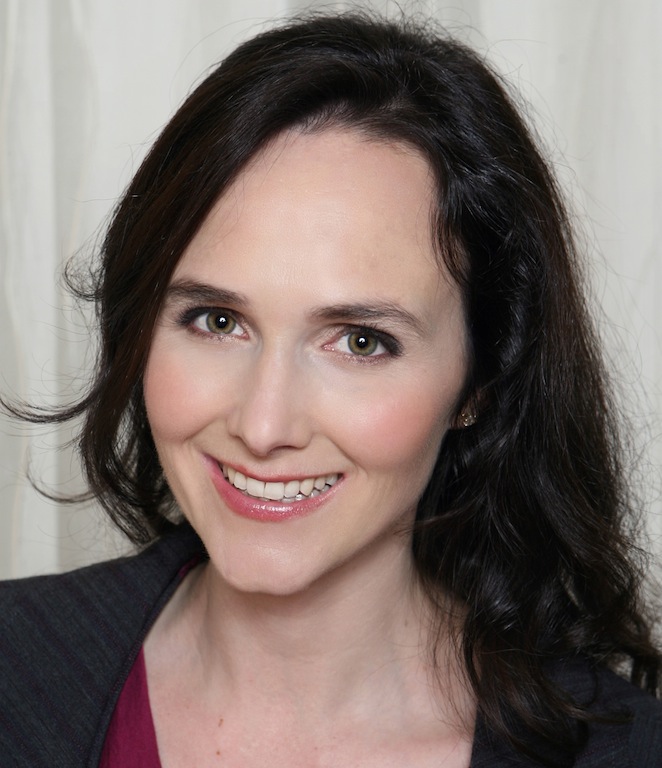A scant one-third or so of Portlanders will turn in primary ballots by May 18. Those ballots include two Portland city council primary races. If a candidate in one of those races reaches a majority of primary votes, the race will be over and the roughly 100,000 voters who skip the primary and only vote in November will never get a say. When campaigns end in mid-May, all voters miss out on the chance to hear candidates discuss important issues in depth. By eliminating primaries and electing all councilors using multi-winner proportional voting in November, Portland could ensure more voters get to cast a vote in city council races and more voters can elect a councilor who represents their views.
Seven of the past ten city council races ended in May
In the ten city council races since 2008, seven have ended with the primary. In most of the races that ended in May, the incumbent won without having to face a challenger in November. Although incumbents usually have an advantage, they appear to have a particularly easy time getting re-elected in Portland. The many citizens who tune in to election news in the fall never got a chance to hear about the candidates, weigh positions on the issues, or to vote.
Candidates who win in the primary only win a vote from less than 20 percent of eligible voters in Portland. With so many city races being decided by so few voters, perhaps it’s no wonder the city council doesn’t reflect the diversity of Portland—city council is dominated by white men who own homes in wealthier, whiter neighborhoods, mostly on the westside.

Seven of the past ten Portland city council elections ended with the May primary. Original Sightline Institute graphic, available under our free use policy.
Interestingly, the only two women (Amanda Fritz and Chloe Eudaly) to serve on Portland city council in the past decade are also the only two candidates who won in the more expensive general election. The four men who served in the last decade (Randy Leonard, Nick Fish, Dan Saltzman and Steve Novick) all won their seat in a lower-turnout May primary. The men only garnered an average of 75,000 votes each time they won a seat, while the women had to pound the pavement until they earned an average of 140,000 votes per seat.
Perhaps, given the chance to have a voice in city council races, general election voters in Portland would elect more women. Portland might even elect the first woman of color ever to serve on city council! To give more voters a voice and choice in the general election, Portland could bypass the primary but would need to adopt a voting system that can handle more than two candidates.
Picking multiple winners in one November race would give more voters a voice
Each election year in Portland, about 100,000 people vote in the November general election but not in the May primary. Holding a single election in November would ensure those voters get a say. (And it would shorten the campaign season.) Giving more voters a choice and voice in the general election and asking them to elect more than one candidate per district could give lesser-known or less-well-financed candidates a shot at winning.
In an at-large general Portland election, candidates need about 140,000 votes to win. But say the city increased the council to eight members, divided the city into three districts, and let voters select the top two or three candidates from each district using a multi-winner ranked ballot. For example, in the current race, a voter might be able to rank JoAnn Hardesty first, Andrea Valderrama second, and Loretta Smith third, instead of the current system that forces voters to choose just one. Instead of fighting each other and trying to convince voters why they are the one best choice, multi-winner elections would let like-minded candidates work together on the campaign trail and in office.
In three three-winner districts, each candidate would only need to win over about 24,000 voters in their district to gain a seat on council. The high bar in the past decade (at least for women candidates) of 140,000 votes might have kept some good candidates out of city council, but more people without a big rolodex might take on the challenge of reaching 24,000 voters. By allowing more regular people to run for office, giving more voters a voice on council, and empowering candidates to work together, multi-winner districts with proportional voting could transform the Portland city council.

Single-winner and multi-winner districts would reduce the number of votes needed to win a Portland city council seat. Original Sightline Institute graphic, available under our free use policy.










Carl Abbott
The headline suggests that many voters are explicitly excluded from voting, whereas the article actually argues that many voters exclude themselves by not bothering to vote in primaries. That suggests that the real problem is a turnout problem requiring stronger organizational efforts in underrepresented constituencies.
Portland will, almost certainly, elect an African American women in November from among the two front runners in a five person primary contest.
The alternative to districting is public funding of campaigns, tried briefly in Portland (helping Amanda Fritz) but killed by an initial scandal and fierce opposition from the business establishment. I am hoping that Seattle’s experiment proves a successful model.
Dan Meek
Portland in 2016 adopted a public funding of campaign system to be implemented in 2020.
RDPence
Another simpler change would be to require the top two finishers in each primary contest to face off in the November general election, like we do it in Washington state.
Jim Labbe
A Charter Review says “From time to time, but no less frequently than every 10 years, the Council shall convene a Charter review commission (“Charter Commission”) to review and recommend amendments.”
A Charter Review Commission last reviewed the Charter in 2011. When is the next Charter review?
This City Club Research project suggests it will be in 2018:
https://www.pdxcityclub.org/wp-content/uploads/2017/05/City-Government-Charge.pdf